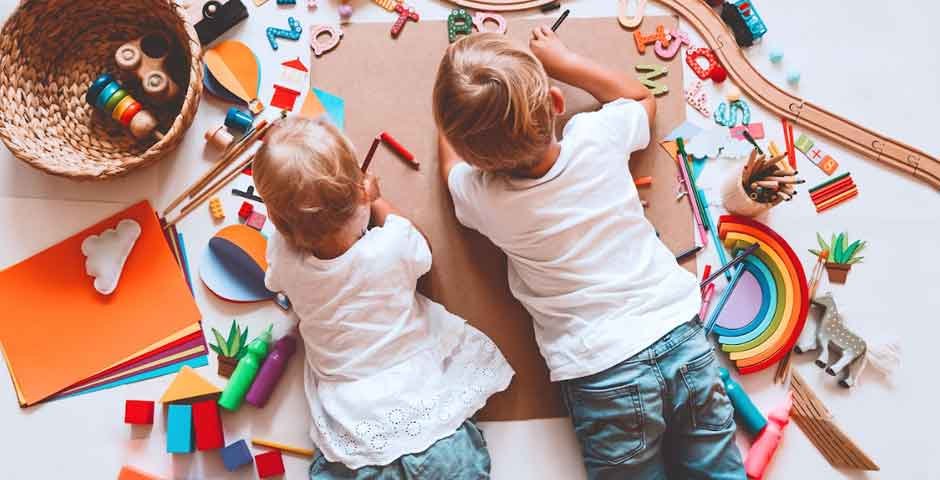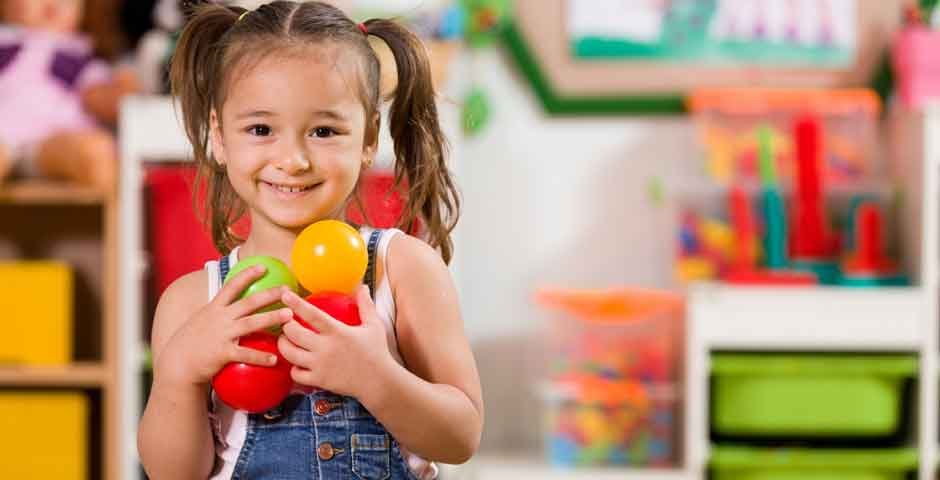The preschool years are a time of rapid growth and development for children. During these formative years, they acquire foundational skills that set the stage for future social, emotional, and academic success.
High-quality preschool programs like those offered by this childcare Caringbah and other centers foster these formative years by putting kids in a stimulating and safe learning environment. Keep reading to explore the essential skills your child should develop in preschool.
1. Social Skills
Preschool provides an excellent opportunity for children to interact with adults and friends, helping them learn to socialize with people of all ages. It’s during these interactions that children learn fundamental social skills, such as:
- Sharing
- Cooperating and negotiating
- Taking turns
- Working together
- Communicating their wants and needs
- Considering others’ opinions and feelings
- Resolving conflicts
Children learn to cooperate with others, understand different perspectives, and develop their social intelligence by engaging in group activities like playing with toys and games and class discussions.
2. Communication Skills
Preschool offers a language-rich environment where children can work on their communication skills. With regular class discussions and group interactions, they can develop the core elements of effective communication, including:
- Expressing thoughts and feelings
- Listening to others
- Following instructions
- Engaging in conversations
With practice, your child should become adept at using spoken words and body language to convey their needs and feelings, setting them up for success as they progress in their developmental journey.
3. Cognitive Skills
Preschool places children in a space where they can develop essential cognitive skills such as problem-solving, logical thinking, and attention to detail. These skills are nurtured through various activities that encourage active exploration and creativity.
For example, when children are given the opportunity to explore their environment, they engage in hands-on learning experiences that stimulate their curiosity and problem-solving abilities. Whether investigating different textures, identifying shapes and colors, or observing cause-and-effect relationships, these exploratory activities help children make connections and develop a deeper understanding of the world around them.
Engaging in open-ended creative tasks teaches them to generate ideas, experiment with different materials, and overcome challenges. For instance, when they build a tower using blocks, they must consider stability, balance, and spatial relationships—this process of trial-and-error fosters problem-solving skills and the ability to think flexibly.
Developing cognitive skills at a young age is crucial for a child’s future academic success and overall mental growth.
4. Literacy And Numeracy Skills
Preschool is the stepping stone for literacy and numeracy skills. A child’s vocabulary can expand dramatically during preschool through constant communication and interactions.
For instance, teachers read engaging books aloud during storytime, exposing children to new words, sentence structures, and storytelling conventions. They can actively participate by answering questions about the story, predicting what might happen next, or even retelling it in their own words. These interactions enhance vocabulary and foster comprehension, critical thinking, and verbal expression.
In addition to storytime, rhymes, songs, and alphabet games provide opportunities for children to engage with language in a fun and interactive way in their daily routines.
Meanwhile, counting things and learning to recognize numbers introduce elemental math concepts to children. For instance, the teacher may have them count objects or their classmates, which helps them understand the concept of quantity and number recognition. It helps them know how to use math in the real world, laying the groundwork for more complex numeracy learning, regardless of your chosen school for them.
As such, developing a solid foundation in these areas early on can lead to a smoother transition into formal education.

5. Physical Skills
Physical development is a key aspect of preschool education. Children develop gross motor skills by participating in running, jumping, climbing, and ball games involving large muscle groups. These activities also develop critical physical skills that include:
- Agility
- Hand-eye coordination
- Strength
- Balance
- Body awareness
Fine motor skills involve precise movements of the hands and fingers. Preschool helps children refine these skills through drawing, painting, and manipulating small objects (like building blocks and playdough). Both skills are crucial for a child’s overall physical development, everyday functioning, and confidence to navigate the world around them.
6. Self-Help Skills
Preschool is an excellent time for children to develop self-help skills. These include everyday tasks like dressing, eating, using the restroom, and cleaning up after themselves. By learning to do these tasks independently, children develop self-confidence and responsibility, preparing them for the increased autonomy they will experience in kindergarten and beyond.
7. Emotional Skills
During preschool, children begin to understand and manage their emotions better. This development can be fostered through various activities and interactions that provide children with the necessary tools to navigate their feelings.
For instance, preschools often include activities like emotion recognition games, where children are encouraged to identify and express different emotions through facial expressions or role-playing. These activities help children develop emotional intelligence and empathy by understanding and recognizing their feelings in others.
8. Creativity
Preschool encourages children to explore creativity through various art and craft activities, imaginative play, storytelling, and music. These activities foster innovation, divergent thinking, and problem-solving skills. Nurturing creativity at a young age supports every other area of learning and can lead to a lifelong love of exploration and innovation.
9. Listening Skills
These are critical to a child’s overall social and academic development. Children learn to pay attention, retain information, and respond appropriately through group discussions, storytime, and teacher instructions. These skills aid academic learning and are vital for effective communication and building successful relationships.
Final Words
The preschool years are a pivotal time for children’s development. The skills learned during this period can significantly influence their academic success and personal growth in the years to come. By understanding the importance of these skills, parents and educators can better support their children’s journey toward becoming well-rounded individuals ready to take on the world.






